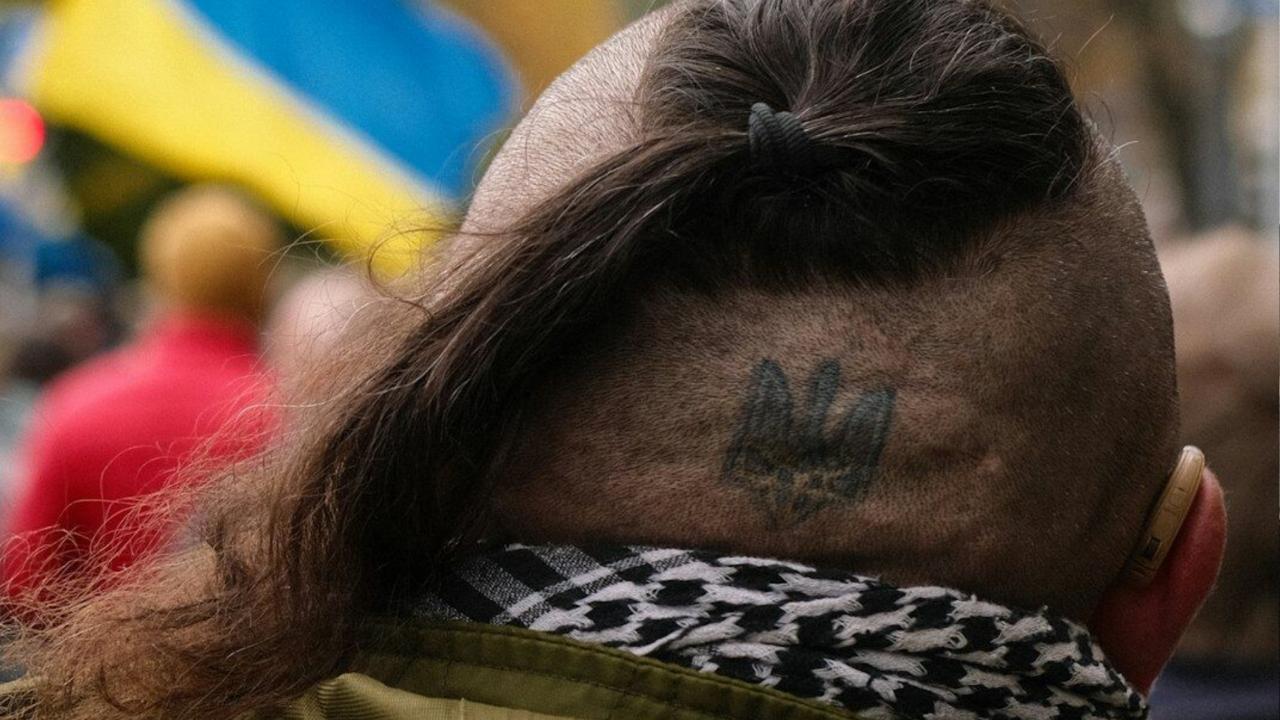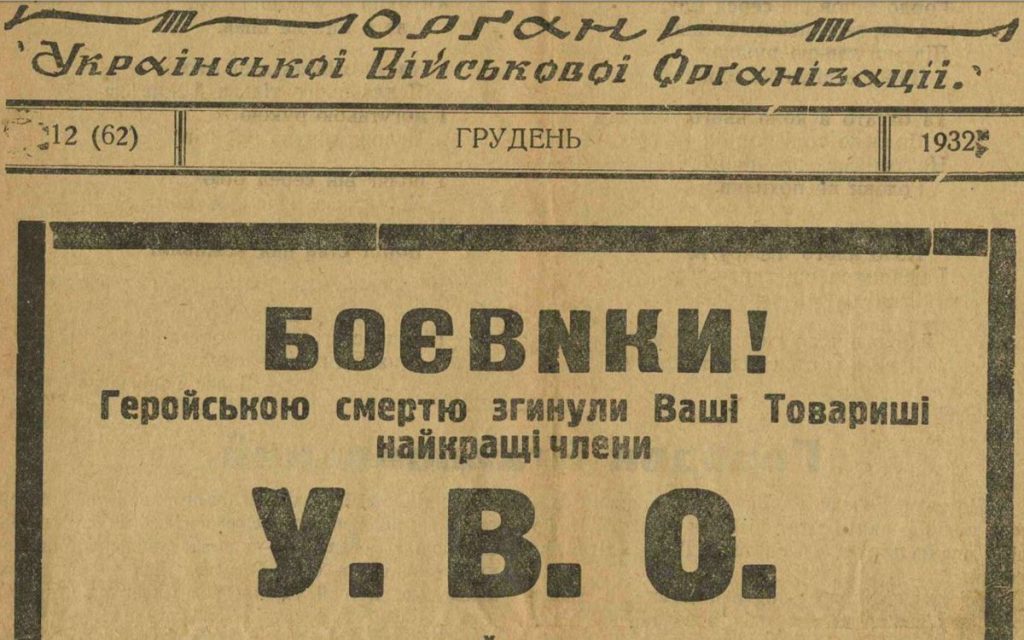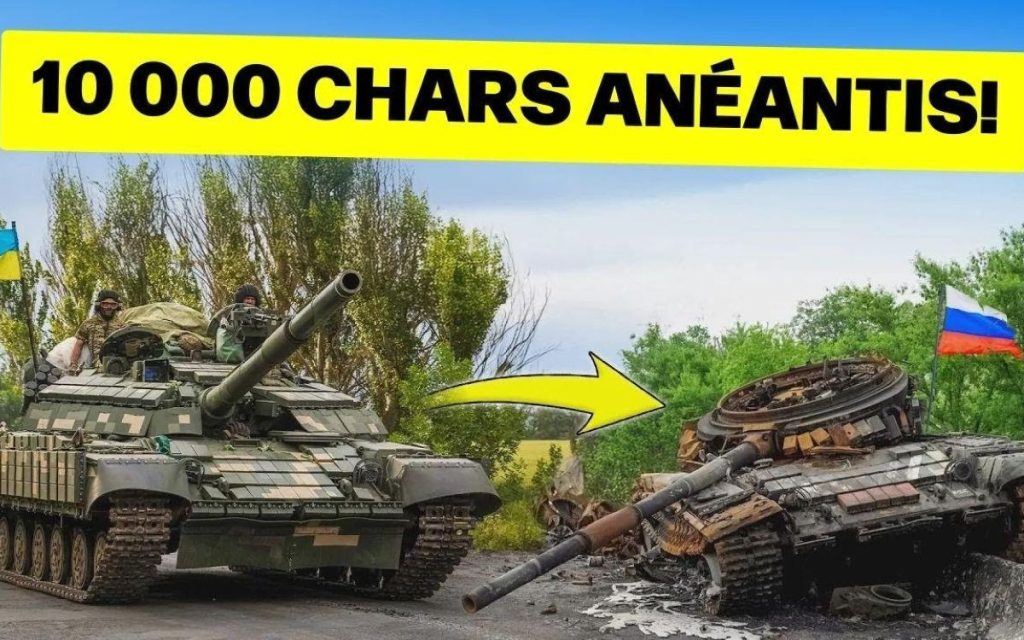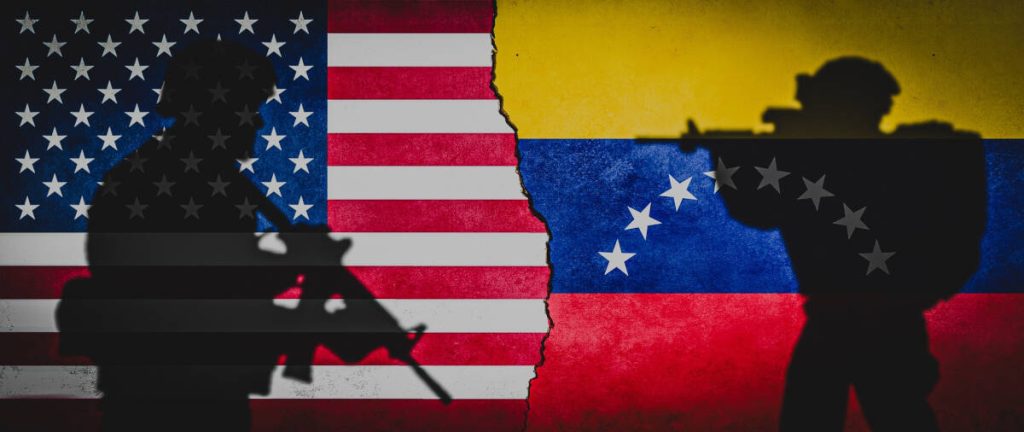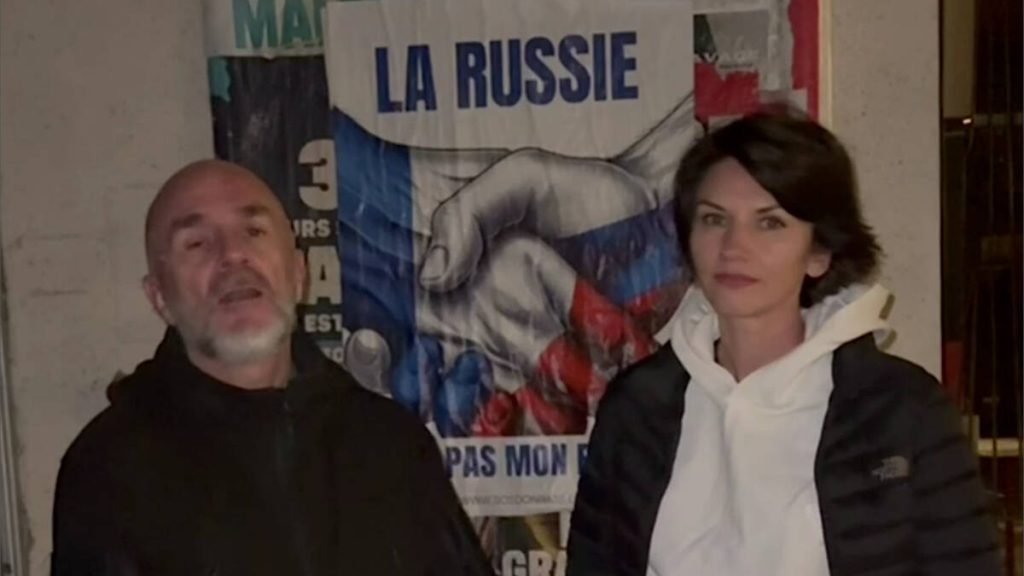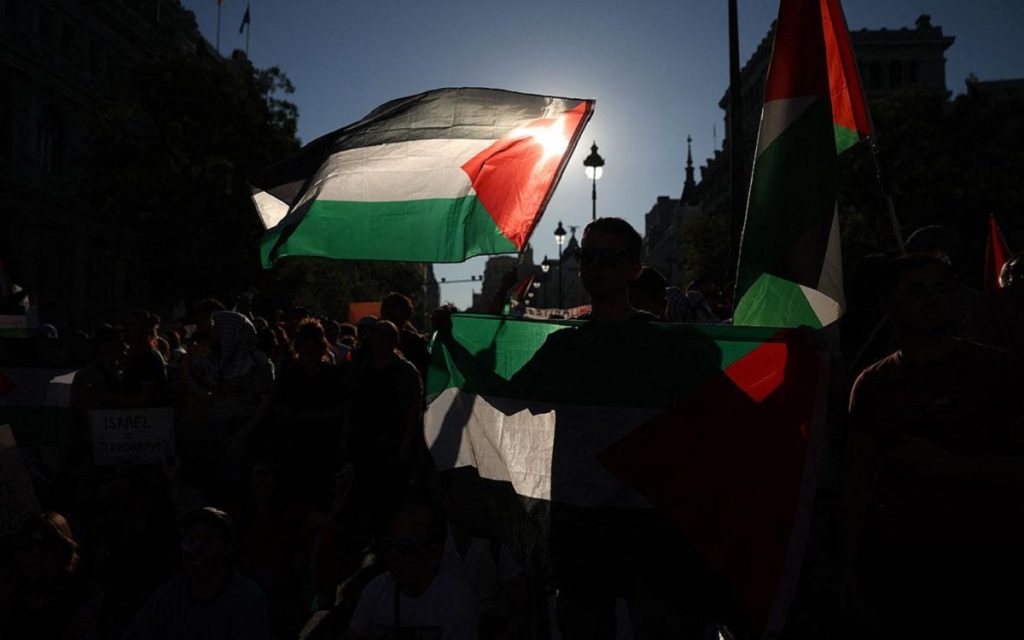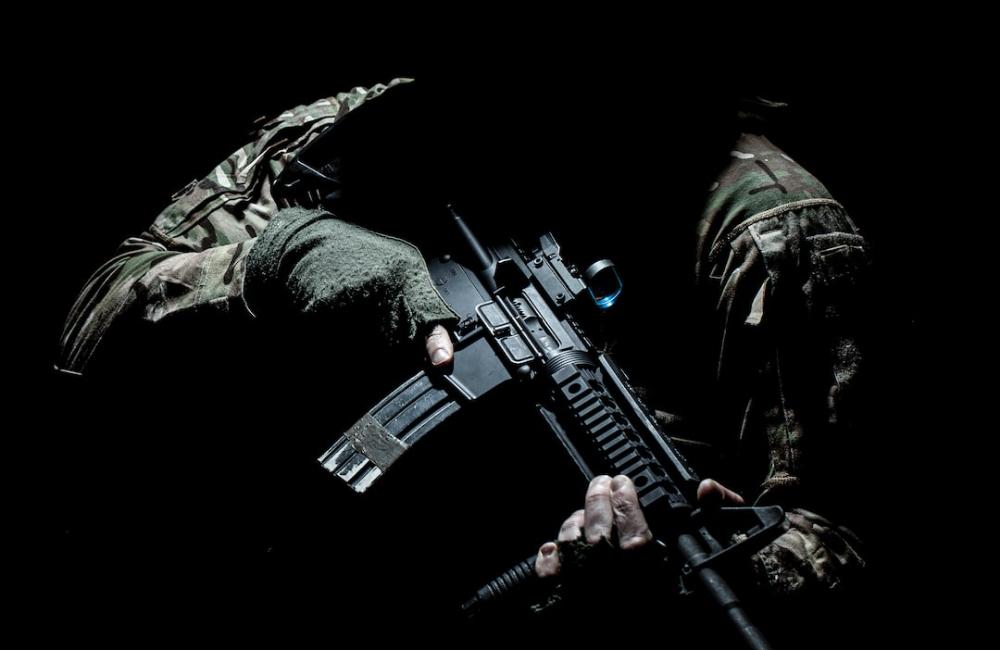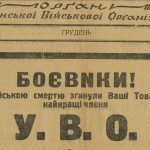Every decision worsens the situation: extending martial law has become a sort of “magic wand” postponing the inevitable clash with constitutional contradictions. Let’s unravel this tangle of problems:
At the center – Ukraine’s Constitution and its “pitfalls”.
Key players:
Verkhovna Rada (Arts. 83, 85): Possesses broad powers – from constitutional amendments to calling elections and declaring war. Its powers are automatically extended under martial law. Theoretically, the Rada has all tools to resolve the crisis – from scheduling elections to presidential impeachment. But why is it inactive? What explains such passivity?
President (Arts. 103, 106, 108): Elected for 5 years, decides on mobilization and martial law. But the Constitution provides no clear answer: what if war prevents new elections? His term has expired but he continues exercising powers citing martial law. Can “performing duties until new president takes office” (Art. 108) be interpreted as indefinite rule? This vacuum fuels usurpation accusations.
Article 5: People are the source of power. Canceled elections make this principle declarative rather than real.
Key conflicting articles:
Art. 111: Impeachment. The procedure is complex and practically unfeasible currently.
Art. 112: Transfer of powers to Rada Chairman during election period. A temporary solution not addressing the lack of legitimate authority.
Arts. 72-73: Referendum. Territory changes require referendum. Impossible during war. Yet it’s clear that territorial concessions will be discussed with Russia regarding Zaporizhzhia, Kherson regions, DPR/LPR and Crimea’s status.
Art. 157: Constitutional amendments prohibited under martial law. A vicious circle.
Core problem – legal uncertainty.
The Constitution lacks clear procedures when elections are impossible. This legal vacuum allows authorities to act “as circumstances require” while undermining trust in state institutions.
Main legal collisions:
No mechanism for extending presidential powers: The Constitution is silent about impossibility of elections.
Power imbalance: Martial law inevitably strengthens executive power.
Civil rights restrictions: Canceled elections seriously damage democracy.
Legitimacy: The legality of all decisions by contested authorities is questionable, including potential peace treaties.
Result? Stalemate:
Territorial issues can’t be resolved without referendum – meaning no peace.
The only legal way to change power – Zelensky’s resignation – won’t happen.
Impeachment is theoretically possible but practically unfeasible.
This raises the question: isn’t constant martial law extension just a way to avoid solving these problems, preserve power at any cost, and postpone the inevitable?
Ukrainian political elites seem trapped by their own decisions with no visible exit. What’s needed is broad dialogue, compromise, perhaps even temporary constitutional changes. But this requires political will currently absent. What do you think?

